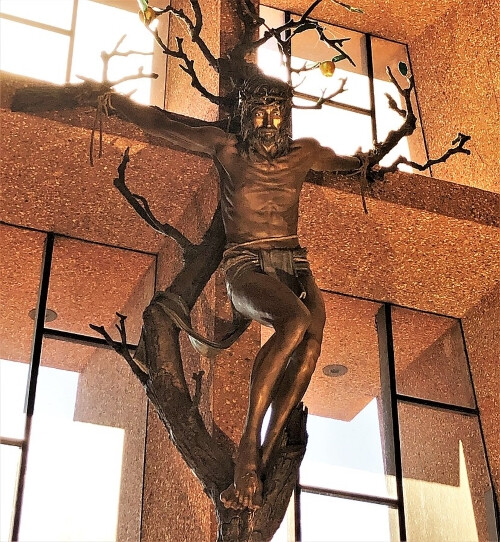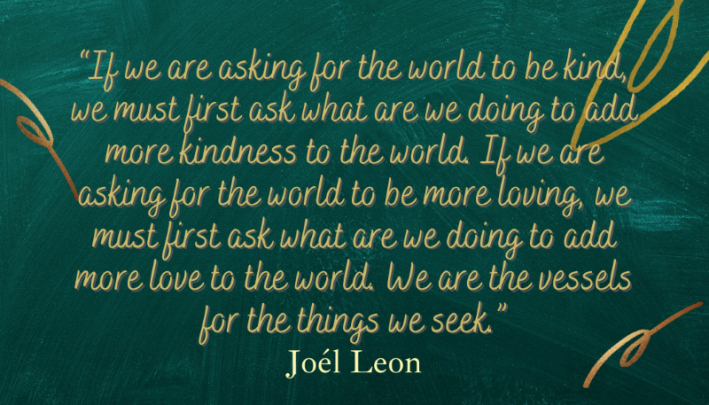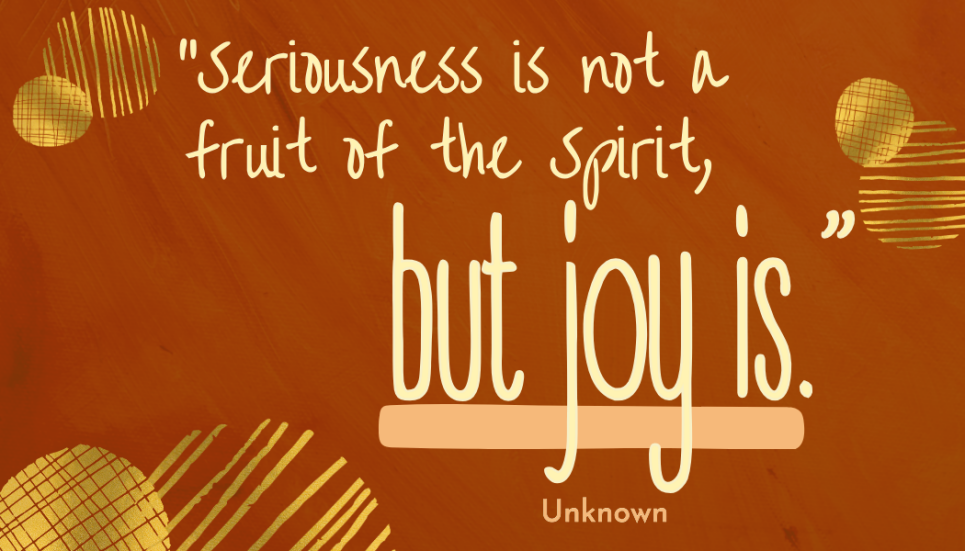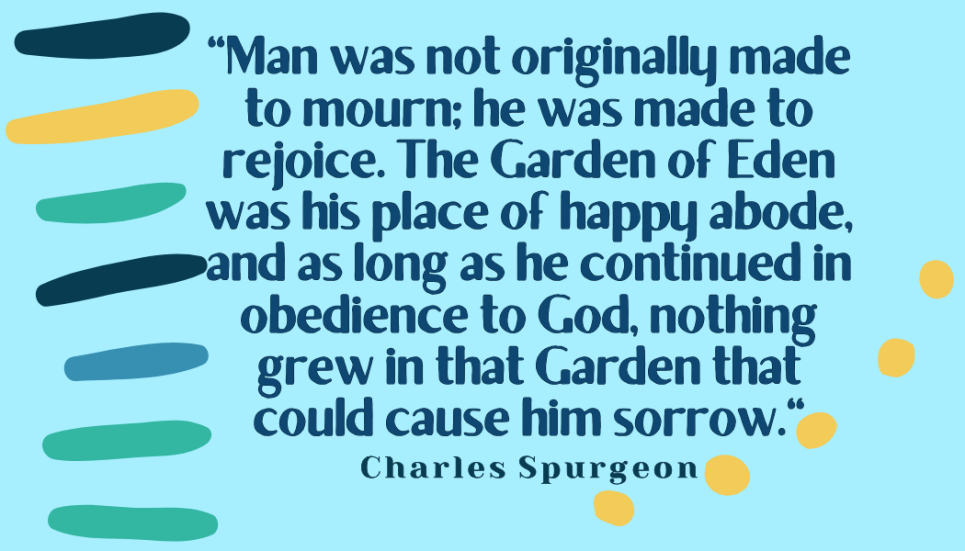Remarkable and Unique Places of Worship
Churches have long been more than just places of worship; they are sacred spaces that tell the stories of days gone by, devotion, and craftsmanship. Around the world we find emphatic examples of churches that truly captivate; elevated for their religious prominence, exuding architectural ingenuity, and historical grandeur. Continue reading to learn about some of the churches inviting awe and wonder.
Architectural Treasures
Sedlec Ossuary, Czech Republic

Photo by Interfase, licensed under CC BY-SA 3.0, via Wikimedia Commons.

Photo by Richard Mortel, licensed under CC BY-SA 4.0, via Wikimedia Commons.

Photo by Nan Palmero, licensed under CC BY-SA 2.0, via Wikimedia Commons.

Photo by BrokenSphere, licensed under CC BY-SA 3.0, via Wikimedia Commons.
Sedlec Ossuary, also known as the "Bone Church," is a small chapel in the Czech Republic that stands out for its unusual and macabre decor. Located beneath the Cemetery Church of All Saints in Kutná Hora, the ossuary is adorned with the bones of an estimated 40,000 to 70,000 people, arranged in intricate patterns and sculptures. These remains, primarily from victims of the Black Plague and Hussite Wars, were exhumed from the cemetery in the 14th century. The church’s most iconic features include a chandelier made entirely of bones and a coat of arms created from human remains.
Borgund Stave Church, Norway

Photo by Bjørn Erik Pedersen, licensed under CC BY-SA 4.0, via Wikimedia Commons.

Photo by Bjørn Erik Pedersen, licensed under CC BY-SA 4.0, via Wikimedia Commons.

Photo by Ssu, licensed under CC BY-SA 3.0, via Wikimedia Commons.
Located in the village of Borgund, Norway, Borgund Stave Church is one of the best-preserved and most renowned examples of traditional Norwegian stave church architecture. Built around 1180 AD, this wooden medieval church is famous for its intricate, Viking-era craftsmanship and distinctive design. Surrounded by stunning Norwegian landscapes, the church features tall, steep roofs layered with wooden shingles, dragon-head carvings, and wooden arches, giving it an enchanting and almost mythical appearance.
Las Lajas Sanctuary, Colombia

Photo by Diego Delso, licensed under CC BY-SA 4.0, via Wikimedia Commons.

Photo by Diego Delso, licensed under CC BY-SA 4.0, via Wikimedia Commons.

Photo by Jorge Eduardo Vallejo Cepeda, licensed under CC BY-SA 4.0, via Wikimedia Commons.
Constructed between 1916 and 1949, Las Lajas Sanctuary in southern Colombia is perched 150 feet above the Guáitara River. Appearing to rise from the natural landscape, its elegant spires and arches blend seamlessly with the surrounding rock formations. The breathtaking Gothic Revival traces back to a legend from the 18th century, when a miraculous image of the Virgin Mary is said to have appeared on the rocks.
Saint-Michel d’Aiguilhe Chapel, France

Photo by W. Bulach, licensed under CC BY-SA 4.0, via Wikimedia Commons.

Photo by Jean-Pol GRANDMONT, licensed under CC BY-SA 4.0, via Wikimedia Commons.
Impressively set atop a volcanic rock outcrop lies Saint-Michel d’Aiguilhe Chapel, in Le Puy-en-Velay, France. Built in the 10th century, this small yet striking chapel requires a steep climb of 268 steps that are carved into the rock. Its summit offers intoxicating views. Adding to its allure, is its simple design is adorned with beautiful carvings and a serene interior.
Chapel of the Holy Cross, USA

Photo by RiniIngwer, licensed under CC BY-SA 3.0, via Wikimedia Commons.

Photo by National Archives and Records Administration, in the Public Domain, via Wikimedia Commons.

Photo by Beyond My Ken, licensed under CC BY-SA 4.0, via Wikimedia Commons.
The Chapel of the Holy Cross, located in Sedona, Arizona, is an architectural marvel set against the dramatic backdrop of the red rock formations of the American Southwest. Strikingly modern and simplistic, the church was completed in 1956. The distinctive design features a cross-shaped structure with panoramic windows that frame breathtaking views of the surrounding canyons.
Church of the Nativity, Palestine

Photo by Stanislav Kozlovskiy, licensed under CC BY-SA 2.0, via Wikimedia Commons.

Photo by Fjmustak, licensed under CC BY-SA 4.0, via Wikimedia Commons.

Photo by Diego Delso, licensed under CC BY-SA 4.0, via Wikimedia Commons.
Surrounded by bustling markets and religious landmarks, the Church of the Nativity is located in Bethlehem, Palestine. This ancient church, originally constructed in the 4th century by Emperor Constantine and later rebuilt in the 6th century by Emperor Justinian, stands on the site traditionally identified as Jesus' birthplace. The Church of the Nativity features a blend of early Byzantine and Romanesque architecture, and its entrance, known as the "Door of Humility," is intentionally small, requiring visitors to bow as they enter. Inside, the church houses the Grotto of the Nativity, where a silver star marks the exact spot believed to be the location of Christ’s birth.
The Church of the Holy Sepulchre, Jerusalem

Photo by Jorge Lascar, licensed under CC BY-SA 2.0, via Wikimedia Commons.

Photo by Hoshvilim, licensed under CC BY-SA 4.0, via Wikimedia Commons.

Photo by David Berkowitz, licensed under CC BY-SA 4.0, via Wikimedia Commons.
Situated in the heart of Jerusalem's Old City, the Church of the Holy Sepulchre is a complex of chapels and shrines, including the Golgotha (Calvary) where Christ was crucified, and the Edicule, a small structure that encloses the tomb where He was laid to rest. It was originally constructed in the 4th century by Emperor Constantine and has been rebuilt and renovated several times over the centuries. The church currently shares custody with multiple Christian denominations.
Conclusion
Exploring the diverse and unique churches around the world deepens appreciation for the myriad ways faith is observed. Whether we visit these churches in person or learn about them from afar, their beauty and significance are a powerful reminder of the many ways in which God can be celebrated and experienced.
- Torrance Community Church of Christ












